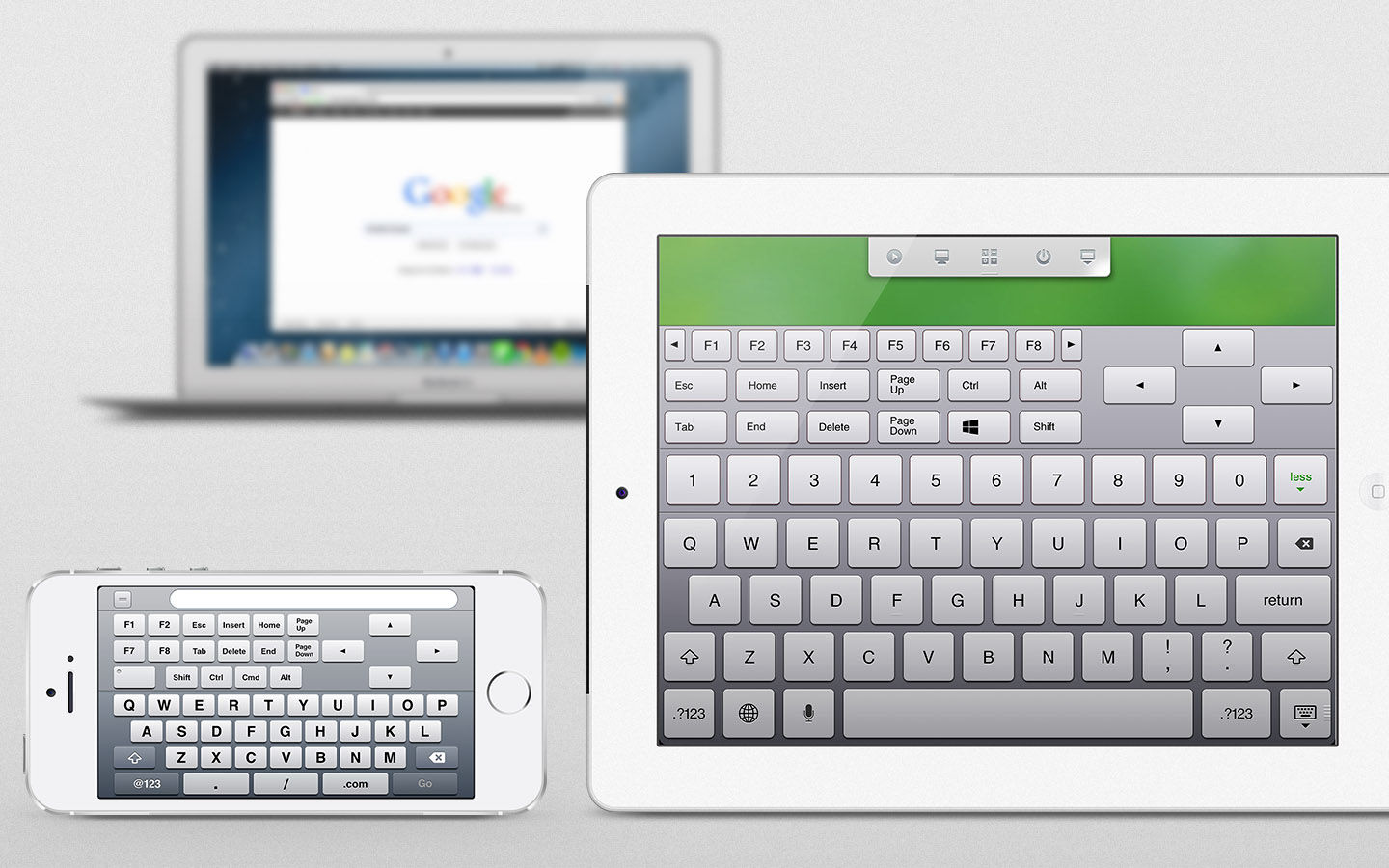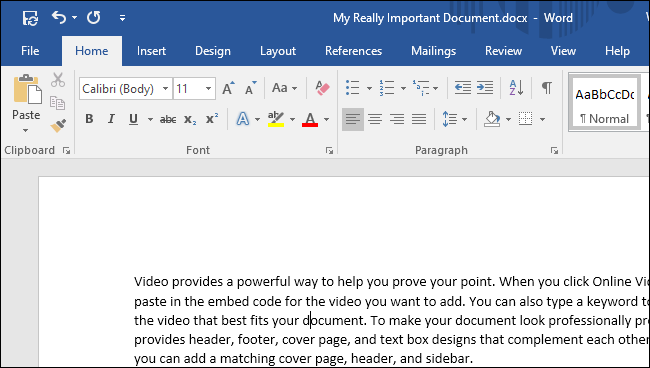
- Differentiate between mac and windows for web application software#
- Differentiate between mac and windows for web application windows#
Here's a big one to get used to: Chromebooks have virtually no built-in storage.
Differentiate between mac and windows for web application windows#
Macs always have a good chip (and you can pay more for a great one), but cheap Windows PCs tend to be let down by cheap processors that make the system run slowly.

Windows laptops and Macs need much more advanced processors in order to run quickly. Chromebooks still start quickly and run smoothly, but on a processor that helps cut the cost of the computer. The ChromeOS operating system is so light-touch, that you can run it with a basic processor. On paper, Chromebooks have terrible processors. There are Chromebook web apps for all sorts of tasks, like creating spreadsheets, running calendars or an inbox, or streaming videos. It feels exactly like using Microsoft Word, but doesn't require a paid-for license. Want to type a document? You can use Google Docs, which backs up all of your work online to the cloud. This doesn't limit you particularly, though.
Differentiate between mac and windows for web application software#
Chromebooks are perfect for this “always-online” approach, and they're so much cheaper than Mac or Windows alternatives.Īs we mentioned above, Chromebooks don't actually run software they use web apps. Your music and videos? Streamed, not downloaded. Your documents? Backed up to Google Drive or Dropbox. Your email account? Synced via the cloud. More computing happens online, rather than on your computer itself, these days. They're also quite secure, which will help guarantee that you aren't the victim of a security breach. In fact, unless you have to run a certain program that's only available on Windows (or Mac), we'd argue a Chromebook is the best purchase.

With their cheaper prices and simple approach, Chromebooks are becoming a smarter choice than “regular” laptops. Today, the two are arguably a lot closer than they’ve ever been, and a newer challenger has entered the ring – the Chromebook. It was a choice between a Windows laptop or MacBook, with a well-established tribal loyalty to each.

Picking up a laptop used to be fairly straightforward. In this guide, we compare Chromebooks to Windows laptops and MacBooks, and let you know when to get a Chromebook, and when to get a more traditional laptop. Get a MacBook if you want to a powerful, user-friendly laptop with a premium screen.Get a Windows laptop if you need to run dedicated programs and work with other Windows users.Get a Chromebook if you mainly want to browse the web, email and stream video, and spend very little.Plus, as a business, these are some of the most secure devices on the market, so preventing a security breach can be a serious benefit. On the other hand, Chromebooks are generally very cheap, have amazing battery life that will last all day, are quick to start and easy to use, which might be perfect for those looking to bolster their work-from-home situation without breaking the bank.

For those in need of a powerful laptop, this is a dealbreaker, particularly when hybrid work is becoming the norm during the pandemic, and at-home devices need to have the specs to handle a big project. Limited storage, limited programs, and it can’t do half what you’d expect from a Windows laptop. On paper, it doesn’t really sell itself, especially for budding professionals and growing businesses that need powerful devices. Compared to Mac and Windows laptops, the Chromebook is a unique proposition.


 0 kommentar(er)
0 kommentar(er)
